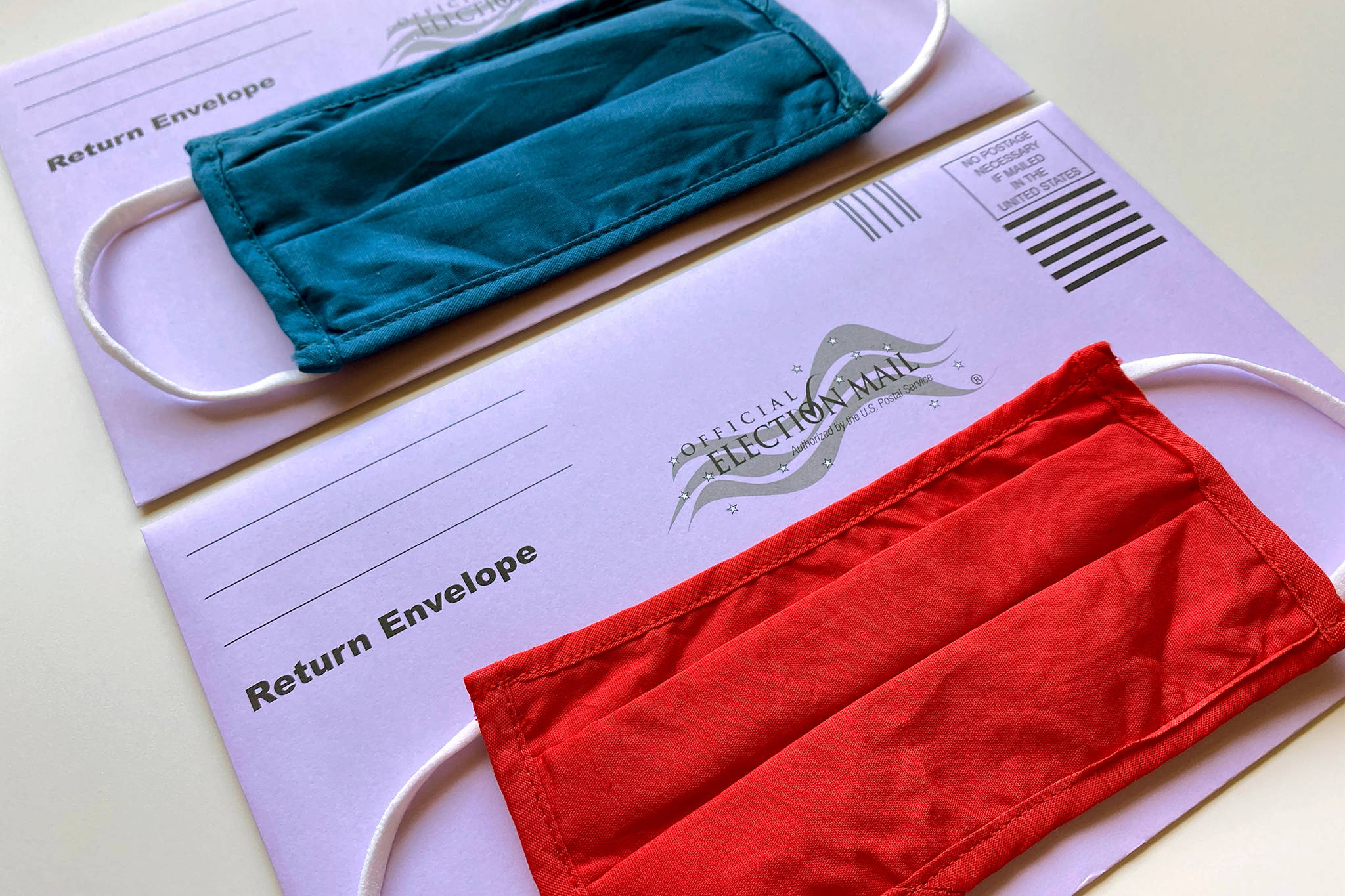By Leah Vukmir
It’s not the first time an oil production tax increase has been considered in Alaska, but it is probably the worst time imaginable for such a scheme. Recessionary changes, plummeting oil prices and a decrease in tourism due to COVID-19 already threaten Alaska’s budgetary situation. Increasing taxes on the state’s leading industry at this time will not result in the outcome sought by the measure’s proponents. Instead, the perfect storm of these combined factors is likely to lead to diminished investments in new oil discoveries, business closures and job losses, decreased domestic and global oil production competitiveness and ultimately less revenue to support Alaska’s budget. Alaskans should think twice before heading to the ballot box and just say no to Ballot Measure 1 on Nov. 3.
If passed, Ballot Measure 1 would increase oil production taxes on oil fields that meet the following criteria: fields located above 68 degrees north latitude (also known as the North Slope); fields that have a lifetime output of at least 400 million barrels of oil; and fields that had an output of at least 40,000 barrels per day in the preceding year. These parameters squarely put a target on the core fields of Prudhoe Bay, Kuparuk and Alpine in the North Slope region — fields that produce roughly 80% of Alaska’s oil. Supporters of the measure claim it will bring approximately $1.1 billion in new tax revenue into the states. A study by the American Action Forum estimates that, due to fluctuating oil prices, the revenue gains would be approximately 47 % of that amount. The study also finds that this tax hike would “amount to nearly $6 billion in lost investment over the period 2021-2029.”
It should come as no surprise that Alaska’s rich oil supply is the primary source of state revenue, contributing roughly 80 % of Alaska’s spending money. What is surprising, on the other hand, is that despite this sizable contribution to the state’s coffer, this measure would be the 8th change in Alaska’s oil tax policy in the last 15 years. During the same 15 year time period, Alaska’s North Slope oil production declined by 50% from 898,000 barrels per day to 449,000 barrels per day. Creating an unstable and unpredictable tax climate is never good public policy and there is little doubt this played a role in recent declines. Adding further tax uncertainty during a global pandemic would seem to be a foolhardy path for America’s Last Frontier.
Alaska should be advancing policies that attract investors to the state, rather than discouraging investment through a tax hike targeted at a single industry — especially when other states are aggressively competing for those same oil investors. A study by the McDowell Group in partnership with industry noted the combined oil production of Texas, North Dakota, New Mexico, Colorado, Wyoming and Oklahoma since 2008 is more than seven times Alaska’s current production. In the global market, Alaska has dropped from a peak contribution of 3.5% in 1987 to a mere 0.6% in 2015. There are many factors that may deter oil investors from choosing the North Slope in the first place – namely harsh weather, geographical distance from markets and frequent litigation. Increasing the oil production tax will most certainly give investors an added reason to bank their money in other states and nations to avoid additional tax burdens.
There can be no doubt the economic well-being of Alaska relies on the success of the oil industry, which includes nearly 46,000 direct, supporting, and indirect jobs in the state to the tune of $3.1 billion in wages, according to McDowell. Eighty-four percent of these jobs are held by Alaska residents. Currently, the oil industry is poised to invest another $24 billion into new discoveries in the state over the next decade. Ballot Measure 1 will certainly cause some oil producers to rethink their plans. Income derived from North Slope fields helps finance the development of newer ones elsewhere in the state. Ballot Measure 1 puts these new developments in jeopardy along with all the supporting jobs and economic boom they would bring to the state. Alaska’s motto “North to the Future” rings as true today as it did when it was adopted. A no vote on Ballot Measure 1 will ensure that legacy continues for future generations.
• Leah Vukmir is the Vice President for State Affairs with the National Taxpayers Union, a nonprofit dedicated to advocating for taxpayer interests at all levels of government.Columns, My Turns and Letters to the Editor represent the view of the author, not the view of the Juneau Empire. Have something to say? Here’s how to submit a My Turn or letter.
Columns, My Turns and Letters to the Editor represent the view of the author, not the view of the Juneau Empire. Have something to say? Here’s how to submit a My Turn or letter.

